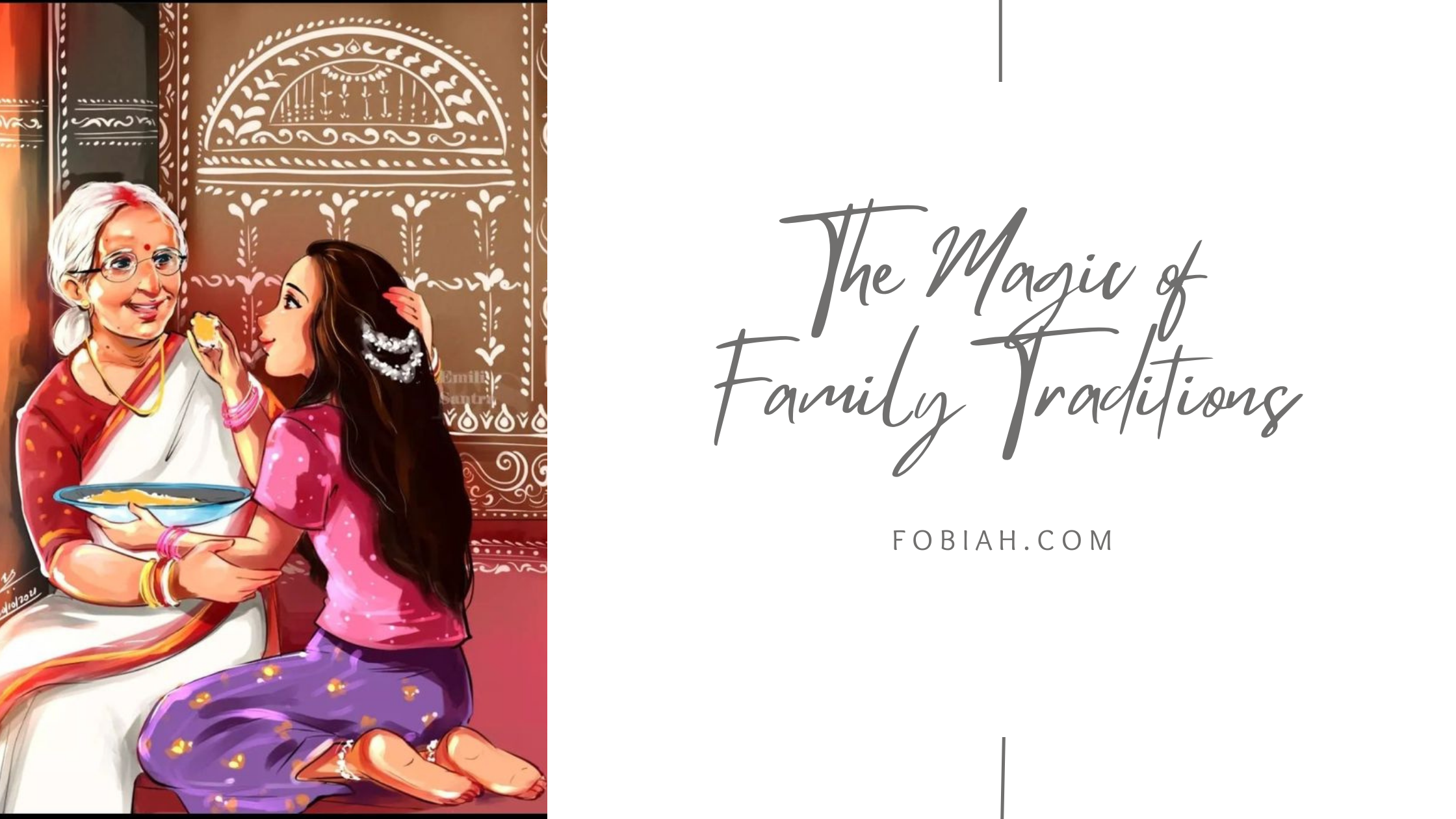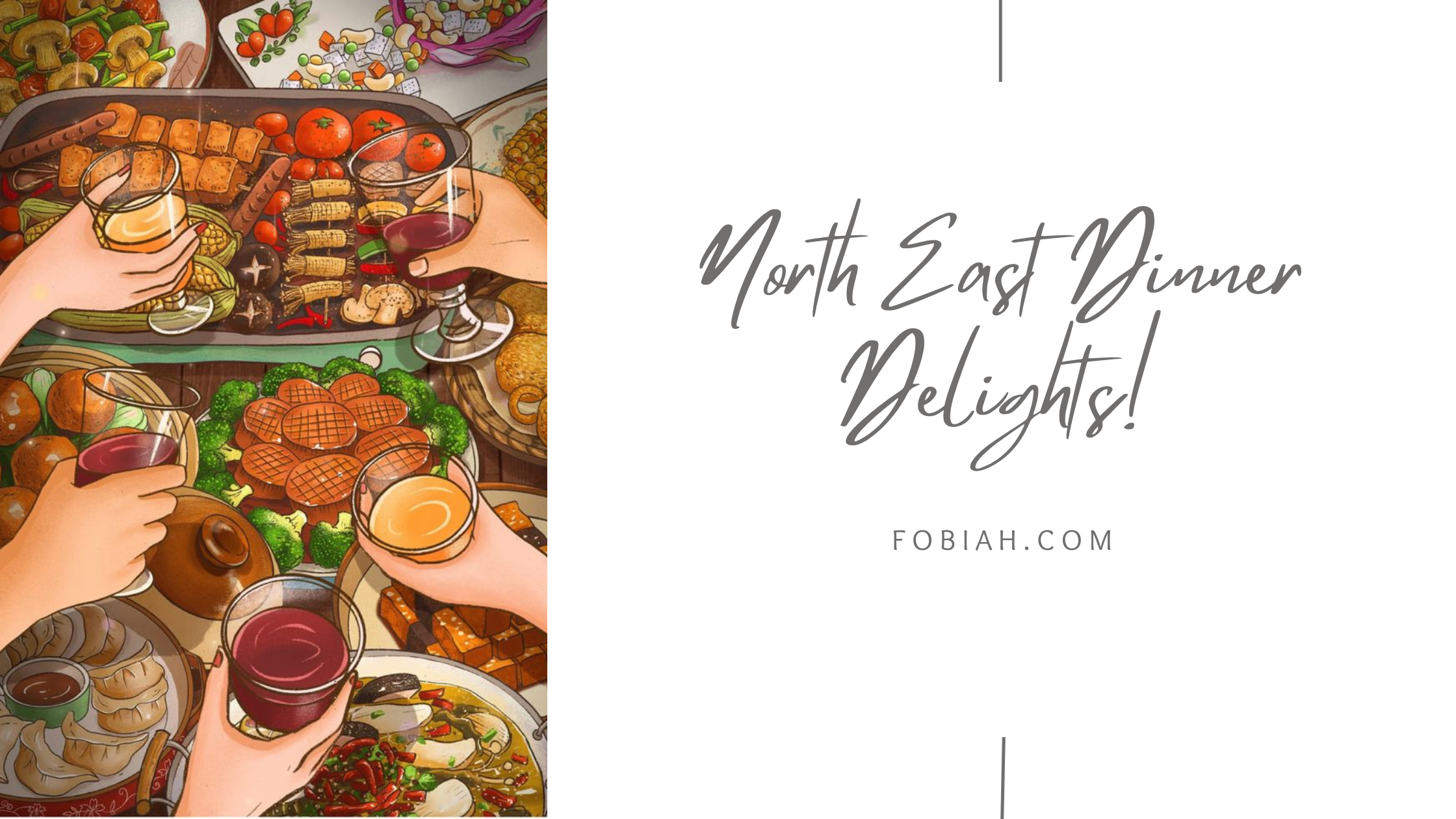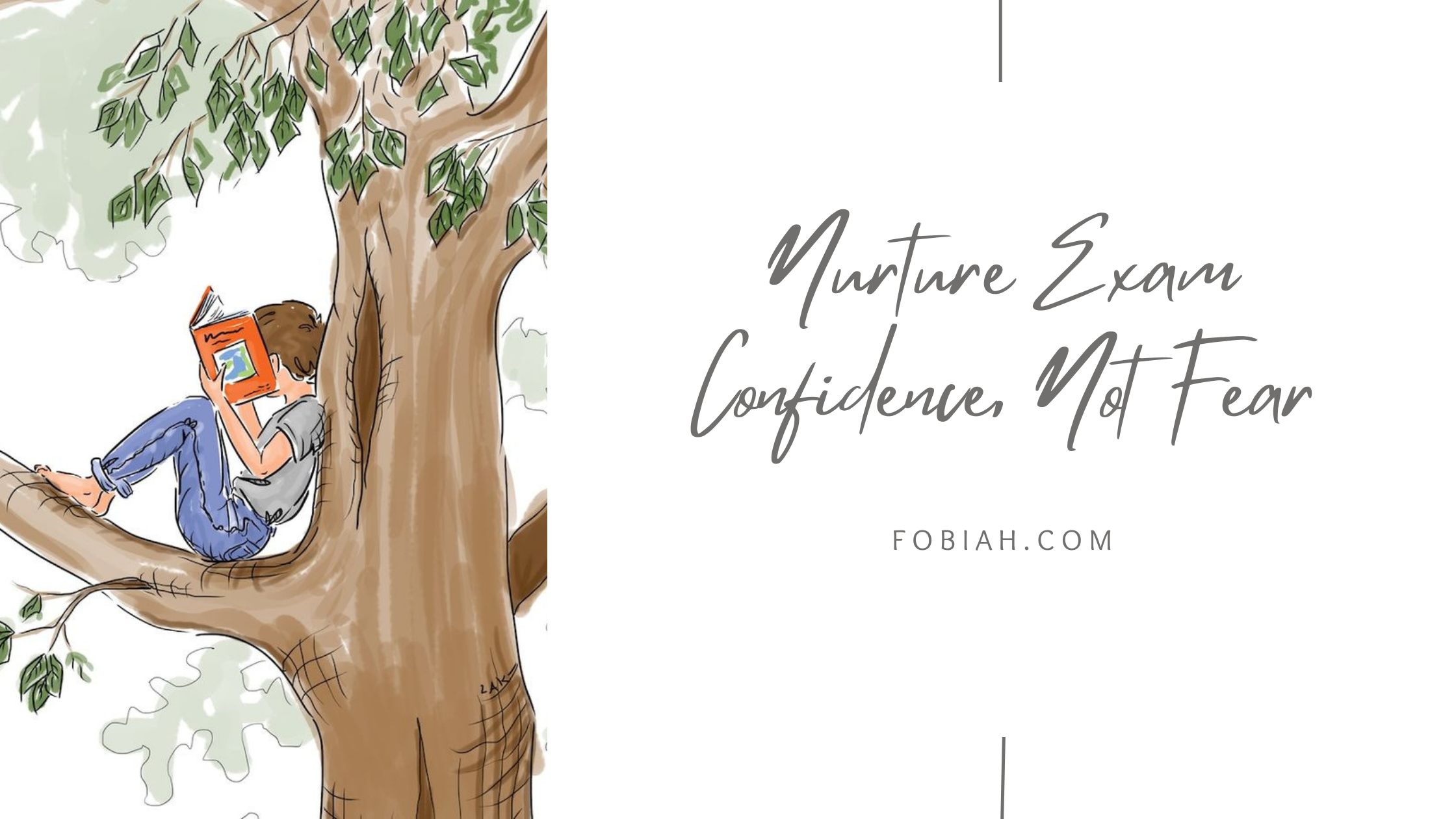Understanding the Significance of Family Traditions
I remember sitting on my dad’s lap as a child, watching the world through his eyes. Our family traditions were the threads that wove our lives together, creating a tapestry of shared memories. These weren’t just events; they were the heartbeat of our home.
From the moment I could toddle, I was part of our family’s rhythm. Sunday lunch were a sacred ritual. The aroma of chicken kosha, spinach boil and naga chutney filled our house, and the laughter of loved ones was the sweetest dessert. These gatherings weren’t just about food; they were about sharing stories, dreams, and the simple joy of being together.
Over the years, our traditions evolved. New faces joined our circle, and old ones left footprints in our hearts. We adapted, but the core remained – the love, the laughter, and the shared experiences. Every holiday season, we’d decorate the christmas tree, a symphony of twinkling lights and family stories. I continue doing it even now with my extended family because it reminds me of my childhood memories of winter holidays. These moments weren’t just about the ornaments; they were about the anticipation, the shared laughter, and the feeling of belonging to a place called ‘Home’.

I’ve come to realize that traditions aren’t just about the past; they’re a bridge to the future. They’re how we pass on our values, our love for one another, and our shared history. As parents, we have the incredible opportunity to create new traditions for our children. Maybe it’s a weekly game night, a camping trip, or simply a bedtime story. These moments, no matter how small, become the building blocks of their childhood memories.
We are made of memories and this memories built the place called ‘Home’.
Growing up, one of the traditions that always stood out to me was our Sunday afternoon lunch. No matter how busy the week had been, my family would gather around the table for a big, home-cooked lunch. It wasn’t just about the food; it was about the conversations, the laughter, and the feeling of togetherness. As I’ve grown older and started my own family, this tradition has become even more meaningful. Now, I see it as a way to connect with my husband, and kids, to instill in them the same sense of family unity and love that I felt as a child.
How Traditions Strengthen Family Bonds
One of the most important benefits of family traditions is their ability to strengthen family bonds. When we come together to participate in shared activities, we create opportunities for connection and communication. These moments of togetherness foster a sense of unity and belonging, reinforcing the bonds that hold us together.
For example, every holiday season, my family and I have a tradition of decorating our home together. We pull out the same old ornaments, each one with a story, and reminisce about past holidays. This activity isn’t just about getting the house ready for the season; it’s about the laughter, the teamwork, and the sense of accomplishment we feel when the last ornament is hung. These shared experiences bring us closer, reminding us that we are a team, working together to create something beautiful.
Here’s how traditions can strengthen family bonds:
- Encouraging teamwork and cooperation: Whether it’s cooking a meal together or planning a family outing, traditions often require us to work together, reinforcing our sense of being a team.
- Providing opportunities for quality time: In our busy lives, it can be hard to find time to spend together. Traditions create those opportunities, ensuring we make time for what matters most.
- Building trust and mutual respect: As we collaborate on family traditions, we learn to trust and respect each other’s contributions, strengthening our relationships.
- Reducing stress and anxiety: The predictability of traditions provides comfort, helping to reduce the stress and anxiety that can come with the unpredictability of life.
The Psychological Benefits of Family Rituals
Family rituals, which are at the heart of many traditions, offer significant psychological benefits for both children and adults. These rituals provide structure and routine, which are essential for emotional well-being. I remember how, as a child, I would look forward to the bedtime stories my mom would read to me every night. That simple ritual gave me a sense of security and comfort, knowing that no matter what had happened during the day, I could count on that peaceful time with my mom before falling asleep.

As an adult, I’ve found that family rituals help me manage the stresses of daily life. Whether it’s our regular friday night movie, which signals the start of the weekend, or our annual family trip to the mountains, or our visit to Iskcon on important days, these rituals give me something to look forward to. They remind me of what’s truly important and help me stay grounded amidst the chaos of life.
The psychological benefits of family rituals include:
- Providing a sense of security: Rituals create predictability, which is especially comforting for children, helping them feel safe and secure.
- Supporting emotional regulation: Regular rituals, like bedtime routines, help children and adults transition smoothly through different parts of the day, reducing stress and promoting well-being.
- Offering opportunities for reflection and gratitude: Rituals often involve taking a moment to appreciate what we have, helping us focus on the positive aspects of our lives.
- Serving as coping mechanisms during tough times: In difficult moments, rituals provide comfort and a sense of normalcy, helping us navigate challenges with greater ease.
Creating New Traditions: Where to Start
While many family traditions are passed down through generations, there is always room to create new ones. Starting new traditions can be a rewarding way to bring your family closer and create lasting memories that reflect your unique values and interests. When my kids were younger, we started a tradition of having a “family cooking night” every Saturday. We’d pick a recipe, shop for ingredients together, and then spend the evening cooking and enjoying the meal. It became something we all looked forward to, a time to bond, laugh, and, of course, eat!
Here are some tips for creating new traditions:
- Start small: New traditions don’t have to be grand. Simple activities, like a weekly game night or a monthly family hike, can become meaningful traditions over time.
- Involve everyone: When creating new traditions, consider the interests and needs of all family members. This ensures that everyone feels included and excited about the tradition.
- Be flexible: Traditions should evolve with your family. Don’t be afraid to adapt or change them as your family grows and circumstances change.
- Focus on what matters: The most meaningful traditions are those that reflect your family’s values and bring you closer together.
Incorporating Cultural Heritage into Family Traditions
Cultural heritage plays a significant role in shaping family traditions. Incorporating cultural elements into your traditions can help preserve your family’s history and pass down important values and beliefs to future generations. For instance, in my family, we’ve made it a point to celebrate certain cultural holidays that reflect our heritage. These celebrations are not just about the rituals themselves but about the stories and history behind them. Sharing these stories with my children helps them understand their roots and the significance of our traditions.
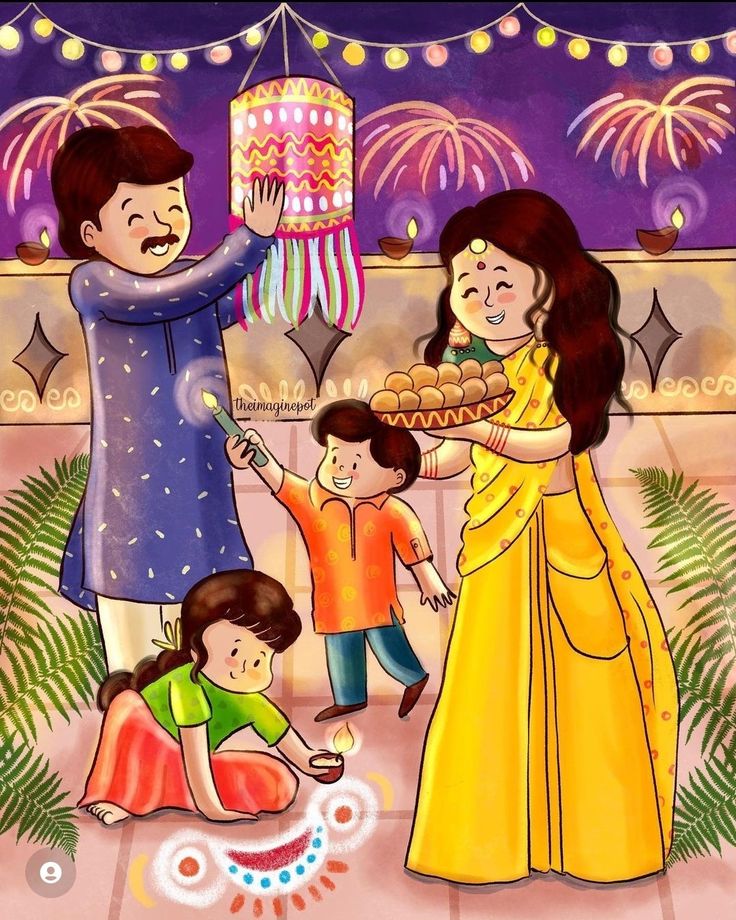
Incorporating cultural heritage into your traditions might involve:
- Celebrating cultural holidays and festivals: This can be a way to honor your heritage and pass down cultural knowledge to your children.
- Preparing traditional meals: Cooking and sharing food that reflects your cultural background is a delicious way to connect with your heritage.
- Sharing stories and songs: Oral traditions, such as storytelling and singing, can be a powerful way to pass down cultural values and history.
- Participating in cultural events: Attending cultural festivals or ceremonies together can help reinforce your family’s connection to your heritage.
Adapting Traditions to Fit Your Family’s Needs
As families grow and change, it’s important to adapt traditions to fit new circumstances. Whether it’s the arrival of a new family member, a move to a new location, or changes in work schedules, life events can impact the way we approach traditions. I remember when we moved to a new city, far away from our extended family. Our traditional large holiday gatherings had to change. Instead, we started a new tradition of inviting friends and neighbors over, creating a “chosen family” that helped us feel connected and supported in our new home.
Here’s how you can adapt traditions to fit your family’s needs:
- Be open to change: Sometimes, you may need to let go of certain traditions or modify them significantly to fit your current circumstances.
- Focus on the core values: Even if the details of a tradition change, keeping the underlying values and meaning intact will ensure the tradition remains meaningful.
- Involve your family in the decision-making: Discuss with your family what aspects of the tradition are most important and how they can be adapted to meet everyone’s needs.
- Embrace creativity: Adapting traditions is an opportunity to be creative. Find new ways to celebrate that reflect your family’s current lifestyle and interests.
The Role of Tradition in Building Family Identity
Family traditions play a crucial role in shaping our family’s identity. They reflect the values, beliefs, and priorities that are important to us, creating a sense of who we are and what we stand for. This shared identity helps to strengthen the bonds between family members, creating a sense of unity and belonging.

In my family, one of our traditions is gathering around the table for a gratitude ritual every Thanksgiving. Each person shares something they’re thankful for, and we’ve done this since I was a child. This simple act of gratitude has become a core part of our family’s identity, reminding us of the importance of appreciation and love. It’s a tradition that I’ve passed on to my children, and it’s become something they look forward to every year.
Traditions help build family identity by:
- Instilling a sense of pride and belonging: Participating in family traditions helps us feel proud of our family and connected to our heritage.
- Passing down values: Traditions provide a tangible way to teach and reinforce the values that are important to our family.
- Creating continuity across generations: When we participate in the same traditions as our parents and grandparents, we feel connected to our family’s history and heritage.
- Providing a sense of grounding: Traditions give us a sense of stability and continuity, helping us navigate life’s challenges with confidence.
Why Traditions Matter in Today’s Fast-Paced World
In today’s whirlwind of deadlines, notifications, and endless to-do lists, it’s so easy to feel like we’re all just ships passing in the night. I’ve found that in the midst of all this chaos, family traditions act as an anchor, pulling us back to what really matters: our relationships, our shared experiences, and the moments that truly make life meaningful.
When I think about traditions, I’m reminded of the Sunday dinners we always had when I was growing up. No matter how hectic the week had been, everyone would gather around the table—no phones, no distractions, just good food and even better conversation. It wasn’t about the meal itself, but the connection we felt, the stories we shared, and the laughter that seemed to make all the stress of the week melt away.
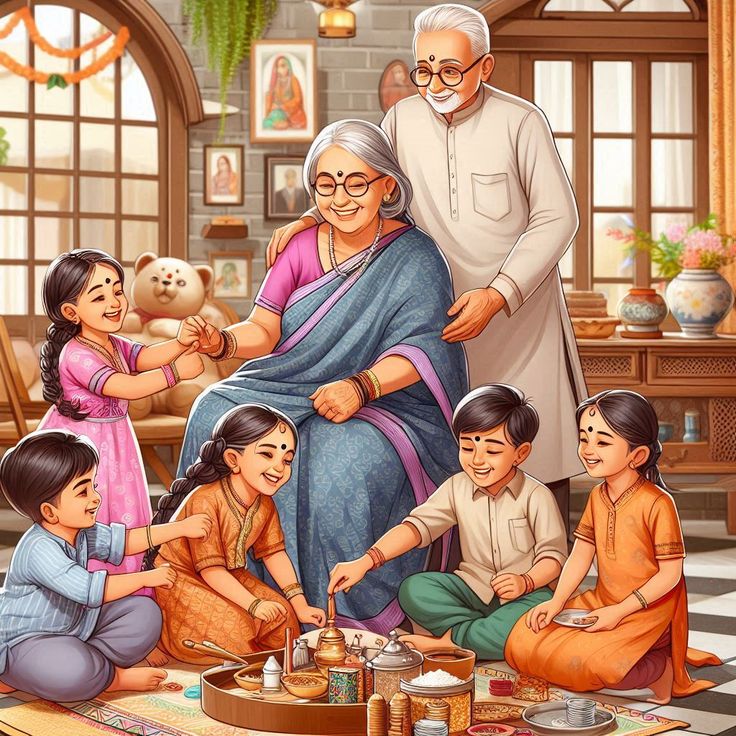
- Slowing Down: Traditions give us a chance to hit pause on our busy lives and focus on what’s truly important.
- Creating Space for Connection: In a world obsessed with productivity, traditions remind us to prioritize our relationships.
- Grounding Us: Traditions provide a sense of stability, especially when life feels uncertain or overwhelming.
- Joy and Celebration: These rituals bring joy, whether it’s a holiday celebration or a simple weekly ritual.
Keeping Traditions Alive Across Generations
One of the most rewarding aspects of these traditions is seeing them passed down from generation to generation. I still remember the first time I made my grandmother’s famous cookie recipe with my kids. It was a bit messy, and the cookies didn’t turn out quite like hers, but the joy on my kids’ faces as they licked the batter off the spoon was priceless. It hit me then how important it is to keep these traditions alive, even if they evolve over time.
- Involving the Next Generation: Let kids and grandkids take part in traditions, giving them a sense of ownership.
- Documenting Traditions: Whether through photos, videos, or writing, preserving these moments helps keep them alive.
- Embracing Change: Be open to adapting traditions as life changes; this makes them more sustainable and relevant.
The Lasting Impact of Traditions on Childhood Memories
When I think back to my own childhood, it’s the traditions that stand out the most. I remember how every Janmasthami, we’d bake a batch of laddos, with each of us taking turns. The house would fill with the warm scent of coconut, jaggery and ghee, and we’d all wait for the puja to start so that we can have those laddos. Those moments are more than just memories—they’re a part of who I am.
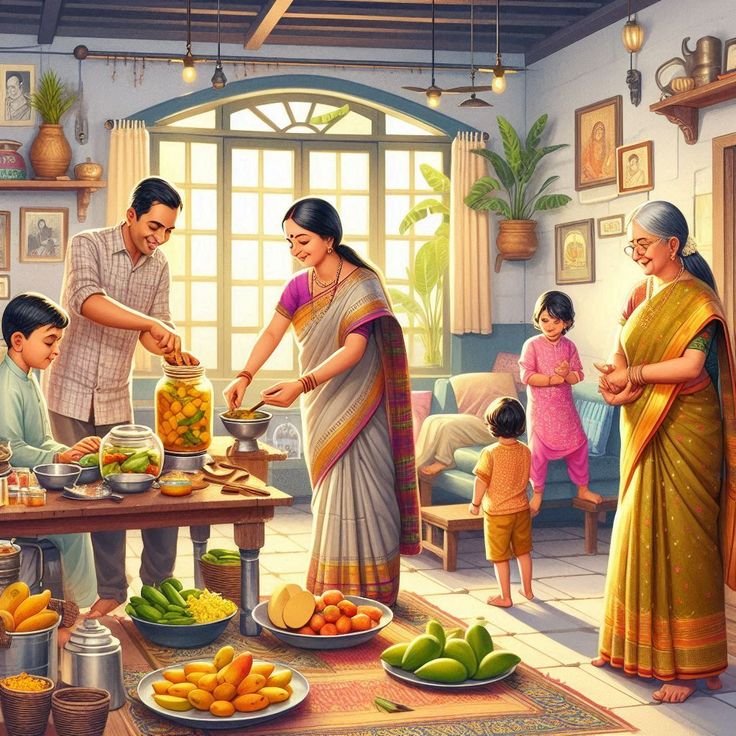
- Shaping Identity: Traditions help children understand who they are and where they come from.
- Creating a Sense of Belonging: Participating in family traditions fosters a sense of belonging that lasts a lifetime.
- Providing Comfort: Memories of these traditions can be a source of comfort and strength during challenging times.
Family traditions are more than just rituals; they’re the glue that holds us together, the stories that connect our past, present, and future. As life continues to speed by, these traditions remind us to slow down, reconnect, and cherish the moments that truly matter. Let us know what are the family traditions you follow in the comment section below.

